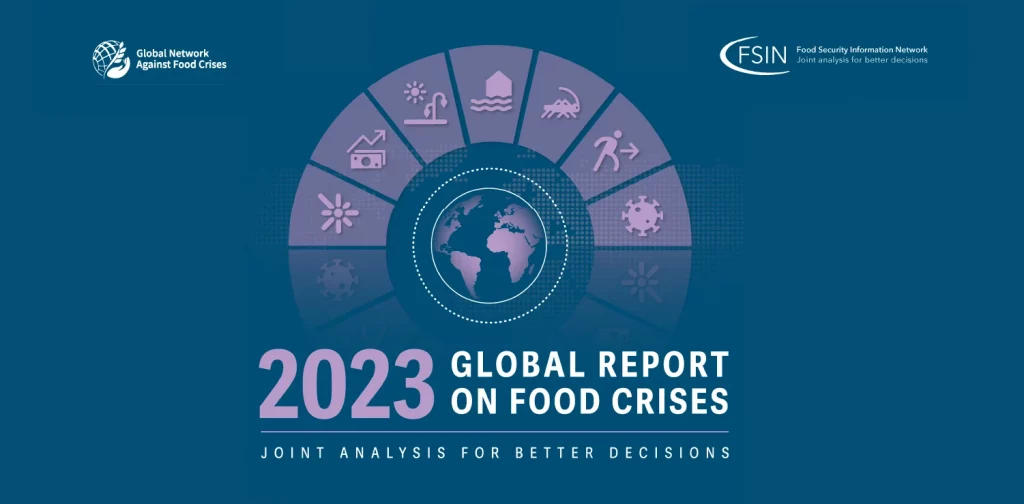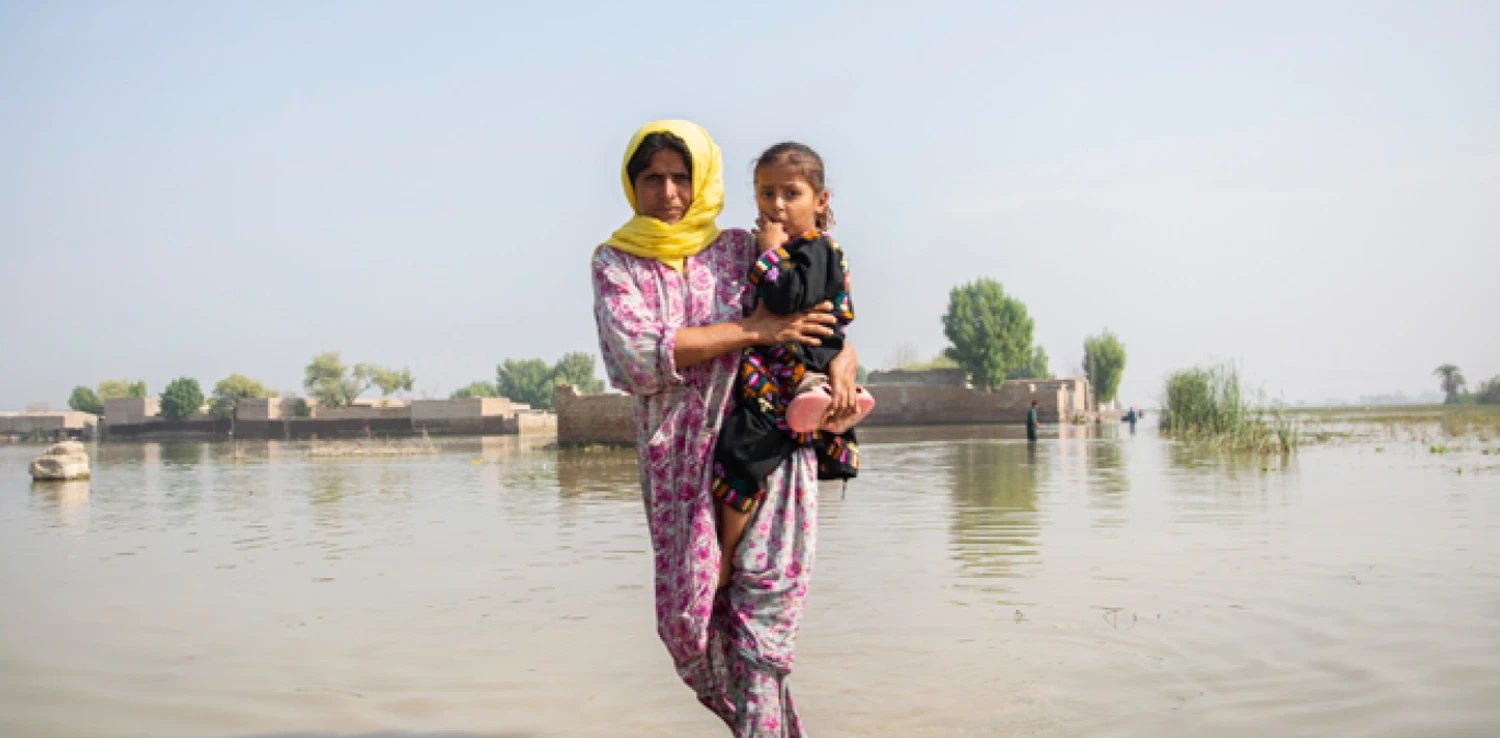The State of Food Crises in Asia

Photo: GRFC.
Everyone needs food; everyone deserves food. Unfortunately, many around the world are hungry, faced with food insecurity and crises. The Sustainable Development Goals dedicate one goal for Zero Hunger, Goal 2. In May 2023, the Food Security Information Network (FSIN), in support of the Global Network against Food Crises (GNAFC), published the Global Report on Food Crises 2023. How is the state of food crises in Asia?
Global Report on Food Crises 2023
The Global Report on Food Crises (GRFC) 2023 is a collaboration of 16 partners to achieve an independent and consensus-based assessment of global, regional, and country-level acute food insecurity. It aims to inform humanitarian and development action.
UN Secretary-General António Guterres called the report “a stinging indictment of humanity’s failure” regarding progress to end hunger. He lamented, “As always, it is the most vulnerable who bear the brunt of this failure.”
The report shares that the number of people in food crises has increased. Globally, the number sat at 198 million people in 2021. In 2022, 258 million people in 58 countries and territories faced acute food insecurity (Phase 3 – 5). Phase 3, classified as Crisis, is when households have high or above-usual acute malnutrition or can barely meet minimum food needs but only by depleting other essential assets.
Food Crises in Asia

The GRFC 2023 includes five Asian countries or territories with major food crises: Afghanistan, Bangladesh (Cox’s Bazaar), Myanmar, Pakistan (Balochistan, Khyber Pakhtunkhwa, and Sindh), and Sri Lanka.
Overall, around 51 million people in these countries faced high levels of acute food insecurity in 2022. Approximately 39% of these people resided in Afghanistan. Furthermore, 46% of the total population in Afghanistan experienced Phase 3 or above acute food insecurity, the highest share in Asia. This number is followed by 28% of Sri Lanka and 27% of Myanmar.
The GRFC 2023 also shows that acute food insecurity tends to come with child wasting. The report shares that only Afghanistan, Myanmar, and Pakistan had recent data on acute malnutrition. Based on this data, there were about 4.15 million wasted children in 2022.
According to WHO, child wasting is when a child is too thin (low-weight) for their height. Countries with a combination of acute food insecurity and child wasting are likely to have problems in the short, medium, and long-term population development and wellbeing.
Drivers and Progress
The report assesses that food crises in Asia are the result of interconnected, mutually reinforcing drivers. The key drivers are:
- Economic Shocks – Afghanistan and Sri Lanka. In Afghanistan, it was due to the conflict-driven financial crisis, which worsened since the Taliban took control in August 2021. In Sri Lanka, the economic turmoil was exacerbated by the war in Ukraine, causing acute shortages, decreased agricultural production, and an annual food price inflation rate of 64% as of December 2022.
- Conflict/Insecurity – Bangladesh and Myanmar. Throughout 2022, both countries faced worsening and widespread insecurity, mass displacement, and movement restrictions on people. These affected their ability to make a living, produce, or access food.
- Weather Extremes – Pakistan. Monsoon rainfall three times higher than the average from the previous 30 years caused flash floods and landslides across the country. Pakistan also faced heatwaves before the floods. Combined, these resulted in a plummet in agricultural and livestock production. Drought and flooding were also significant causes in Afghanistan and Myanmar.
“This crisis demands fundamental, systemic change. This report makes clear that progress is possible. We have the data and know-how to build a more resilient, inclusive, sustainable world where hunger has no home — including through stronger food systems, and massive investments in food security and improved nutrition for all people, no matter where they live,” said UN Secretary-General António Guterres.
He insisted, “With collective action and a commitment to change, we can ensure that every person, everywhere, has access to the most basic of human needs: food and nutrition.”

Co-create positive impact for people and the planet.
Amidst today’s increasingly complex global challenges, equipping yourself, team, and communities with interdisciplinary and cross-sectoral insights on sustainability-related issues and sustainable development is no longer optional — it is a strategic necessity to stay ahead and stay relevant.


 Indian Gig Workers Push Back Against 10-Minute Delivery Service Strain
Indian Gig Workers Push Back Against 10-Minute Delivery Service Strain  Call for Governance: Grassroots Initiatives Look to Scale Efforts to Conserve Depleting Groundwater
Call for Governance: Grassroots Initiatives Look to Scale Efforts to Conserve Depleting Groundwater  Integrating Environment, Climate Change, and Sustainability Issues into Education Systems
Integrating Environment, Climate Change, and Sustainability Issues into Education Systems  Finally Enforced: Understanding the UN High Seas Treaty
Finally Enforced: Understanding the UN High Seas Treaty  Risks and Opportunities of Submarine Communication Cables for Sustainable Development
Risks and Opportunities of Submarine Communication Cables for Sustainable Development  Rising Attacks and Violence Against Land and Environmental Defenders
Rising Attacks and Violence Against Land and Environmental Defenders